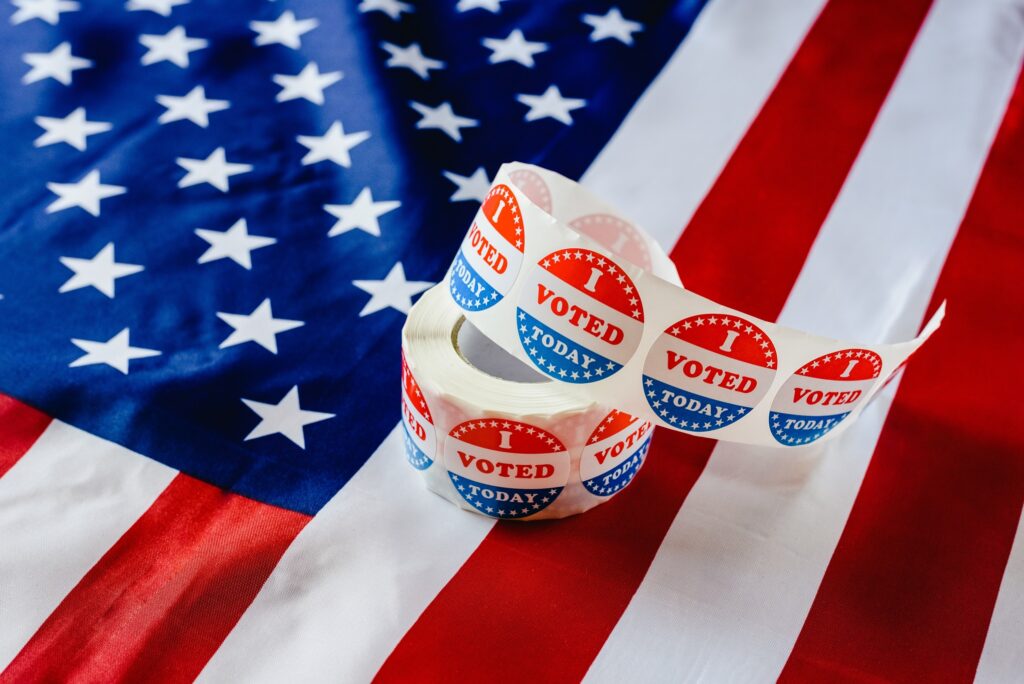Cuyahoga County Jail a prime example of our nation’s broken bail system
Six detainees dead in four months. That’s what it took for Cleveland Municipal Judge Michael Nelson to conclude that he could no longer in good conscience send any but the worst offenders to the Cuyahoga County Jail prior to trial. That such action marks Judge Nelson as more conscientious than his peers, yet still took multiple fatalities to justify, speaks volumes about how seldom the destructive impact of pretrial detention tends to influence bail decisions.
Indeed, there are pernicious effects of jail well short of death that merit consideration. Even a relatively short jail stay can have a significantly destabilizing influence on a person’s life. In addition to physical degradations and the mental toll that incarceration can take, it often means loss of employment and child care obligations thrown into chaos.
By detaining a defendant prior to trial, a judge can inadvertently place a finger on the scale in favor of the prosecution. With limited access to an attorney, witnesses and evidence, a person’s ability to mount a defense is impaired. At the same time, the desire to leave jail can lead even the innocent to plead guilty. It’s no wonder that a study of Philadelphia criminal cases from 2006 to 2013 found that detained individuals were convicted at higher rates than their free counterparts.
And yet, when it comes time to consider bail, we stubbornly ignore these costs of detention. Fixating only on the potential consequences of a defendant’s freedom — the risk of flight and the potential danger to society — is an exercise in willful ignorance, and one that all but guarantees a broken bail system. It’s time we open our eyes and look at the full picture.
The consideration of bail’s negative effects on a defendant may seem objectionable to those who believe that a person who’s done something worthy of drawing the attention of the court can hardly bemoan whatever follows. But such an attitude misses more than simply the innate dignity and humanity of defendants. These individuals are presumed innocent, and release, not detention, is therefore the default condition. Ignoring their basic rights out of a misplaced desire to punish is nothing short of injustice.
It’s a matter of thinking not only about pretrial detention’s disadvantages for defendants, but also what it does to the rest of us. If compassion doesn’t spur action, self-interest should.
A leading study of the fates of 153,407 Kentucky defendants jailed between July 2009 and July 2010 found that just a few days in jail can increase the odds of an otherwise low-risk defendant committing new crimes after release. Therefore, public safety can actually be threatened by unnecessary detentions. Moreover, pretrial detention is incredibly expensive, costing local governments around $13.6 billion annually across the United States, according to a 2017 Prison Policy Initiative estimate. And few defendants conduct their lives in isolation, so when they are swept up in the criminal justice system, family and friends are, too.
Balancing these equities is particularly important when judges consider the kinds of nonviolent cases that Judge Nelson included in his new policy of restraint. These are cases for which the risks to the community relating to a defendant’s release are smallest, and yet the incarceration costs remain great.
We need to ask: Does ensuring that a defendant appears in court to resolve a nonviolent misdemeanor necessarily justify spending thousands of dollars to jail him or her? As a former prosecutor, I’m cognizant of how frustrating it can be for a defendant to disappear on a court date, and I’m sympathetic to the fact that even minor crimes can have victims. But at a certain point the punishment becomes worse than the crime. Besides, if one of the goals of our criminal justice system is to minimize harm to our communities, we have to remember that, in almost every case, the defendant will one day be a part of that community again.
I’m not suggesting that our jails need to be emptied wholesale. Sometimes, the risks of a defendant’s freedom are simply too great, and pretrial detention is the only safe and just response. Unfortunately, as long as we solely consider the costs of freedom and ignore those of detention, all we’re doing is ensuring that people who ought to walk free are sharing cells with those who shouldn’t.







